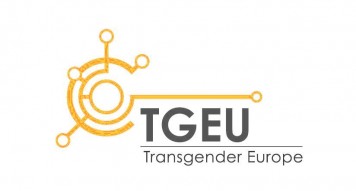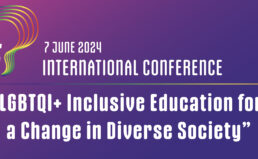On 7 May 2013 Lithuanian Gay League (LGL) became a full member of Transgender Europe (TGEU) – a European non-profit, non-governmental umbrella organization working towards the full equality and inclusion of all trans people in Europe. It is believed that this cooperation will be crucial in addressing challenges, faced by transgener community in Lithuania on a daily basis.
At a given moment, there is no specific organization in Lithuania, representing the interests of transgender individuals in Lithuania. Following the current negative developments and transphobic legislative initiatives on the national level, LGL – the only NGO in the country working exclusively on the LGBT* rights – felt the urge to respond to the situation comprehensively. LGL is monitoring the legal situation of trans individuals very closely and provides policy expertise and legal advice and legal assistance in the concrete cases. The organization also plans to implement community building activities in order to empower the *T* community to take upon advocacy and awareness raising actions in order to improve the national situation and to make trans community more visible in the policy field.
The major reasons behind applying for the TGEU membership was the need to establish a mutual cooperation in sharing expertise, knowledge, contacts and access points in order to ensure comprehensive advocacy action in relation to the effective protection of trans rights in Lithuania. LGL will contribute to the TGEU network by providing specific expertise and knowledge on the national and regional (i.e. Baltic region) level with regards to the situation of trans individuals.
The mission of TGEU is to improve the living conditions of transgender people all over Europe and:
– to represent trans people throughout Europe
– to be the primary source for information and advice on transgender issues on a European level
– to have a leading role in lobbying European and international institutions on transgender issues
– to support a strong transgender movement by developing and implementing networks and training programs
– to work together with academic researchers who study issues relevant to transgender lives and put this research to use for the benefit of transgender people.




